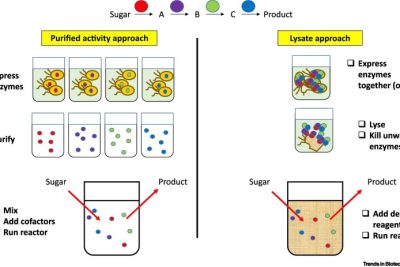
How do Idealists, Logicians, and Educators connect knowledge
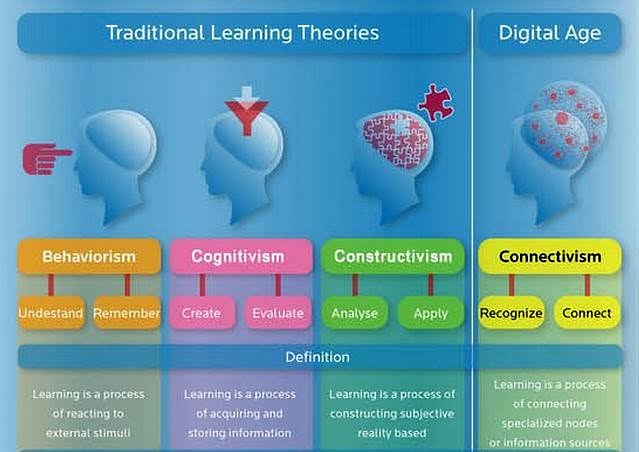
In a world increasingly shaped by diverse knowledge frameworks, idealists, logicians, and educators play pivotal roles in connecting and enhancing our understanding of reality. The intricate interplay among these three groups forms a foundation upon which our comprehension of knowledge is built, often leading to profound insights that shape our individual and societal perspectives. This article explores how these three paradigms address knowledge acquisition and the impact of their collaboration on education and philosophical inquiry, referencing influential figures such as A.C. Ewing.
A.C. Ewing, a notable British philosopher and educator, exemplifies the merging of idealist thought with logical rigor and educational practices. His works delved into key philosophical issues, emphasizing the significance of intuitive knowledge and the complexities of ethical frameworks. By understanding the roles that idealists, logicians, and educators play in connecting knowledge, we can appreciate the dynamic relationships that underscore our pursuit of understanding and truth. This article will discuss the contributions of each group and highlight how their collaborative efforts influence contemporary thought.
- Understanding Idealism, Logic, and Education
- The Role of Idealists in Knowledge Acquisition
- Logicians: The Architects of Rational Thought
- Educators: Bridging Theory and Practice
- Interconnections Among Idealists, Logicians, and Educators
- The Impact of Knowledge Collaboration on Society
- Challenges and Opportunities in Interdisciplinary Dialogue
- Conclusion: The Importance of Integration in Knowledge Systems
Understanding Idealism, Logic, and Education
The Essence of Idealism
Idealism posits that reality is fundamentally mental or spiritual in nature. It suggests that our understanding of the world is shaped by our thoughts and perceptions, rather than merely reflecting an objective reality. This philosophical stance has influenced various fields, including education, where the idea emphasizes the role of the learner's mind in shaping their experiences. Figures like Ewing have expanded on these themes, arguing that our ethical intuitions and moral knowledge are integral to understanding the good beyond mere definitions.
The Foundations of Logic
Logic, often seen as the backbone of rational thought, provides the tools necessary to evaluate arguments, make inferences, and derive conclusions. The application of logical principles ensures coherence and consistency in our reasoning processes. Logicians bridge the gap between abstract ideals and practical understanding, allowing us to scrutinize assumptions and achieve clarity in philosophical discourse. This discipline is quintessential for educators, as it lays the groundwork for developing critical thinking skills in learners.
The Role of Education
Education serves as the channel through which knowledge is communicated and cultivated. It is in educational settings that the interplay of idealist thought and logical reasoning manifests, aiding students in navigating complex concepts and enhancing their intellectual growth. Ewing's contributions to the field underscore the importance of integrating ethical considerations and intuitive judgements within the educational framework, emphasizing how vital these elements are to developing well-rounded thinkers.
The Role of Idealists in Knowledge Acquisition
Defining the Idealist Perspective
Idealists contend that our cognitive processes shape our understanding of the world, positing that knowledge acquisition is inherently subjective. This approach recognizes the significance of individual experiences and intuitions in forming our ethical and moral foundations. Ewing's philosophy reflects this sentiment, capturing the essence of how personal insights can inform our broader understanding of ethical principles.
Intuition and Ethics
The role of intuitive knowledge is paramount in idealist thought, reflecting the belief that individuals can access a form of inherent understanding of good and duty. This perspective moves away from rigid definitions, instead advocating for a more organic approach to ethics. Ewing's advocacy for a general theory of personal and normative ethics exemplifies how idealists encourage personal responsibility and moral cognizance in knowledge acquisition.
Logicians: The Architects of Rational Thought
The Importance of Logic in Philosophy
Logicians hold a critical position in the philosophical landscape, providing systematic frameworks and methodologies for rational argumentation and reasoning. The application of logic encourages clarity and precision in thought processes, which is essential for both philosophical inquiry and practical reasoning. Figures like Ewing, who emphasized the *Realist theories of knowledge*, recognized the necessity of logic as a tool for evaluating and validating ethical claims.
Formal Logic and Its Applications
The concept of formal logic significantly advances our understanding and reasoning capabilities. By employing formal structures, logicians can dissect arguments, assess soundness, and uncover fallacies. This meticulous approach is vital in educational contexts, enabling students to employ logical reasoning effectively across various disciplines. Enhancing logical skills thus becomes a foundational component of a well-rounded education.
Educators: Bridging Theory and Practice
The Role of Educators in Knowledge Dissemination
Educators function as important intermediaries between the realms of idealism and logic, enabling students to engage with and contextualize knowledge. Through innovative teaching strategies, educators can encourage learners to explore philosophical concepts, employing both intuitive understanding and rational thought. Ewing's work highlights the transformative potential of education in shaping an individual's ethical and intellectual journey.
Integration of Philosophical Perspectives
In their practices, educators often draw on various philosophical perspectives to craft a comprehensive learning environment. By integrating idealism and logic into curricula, they help students develop critical thinking skills while fostering ethical awareness. This blending of perspectives enhances the overall educational experience, inspiring learners to connect knowledge to real-world applications.
Interconnections Among Idealists, Logicians, and Educators
The Collaborative Framework
The interconnections between idealists, logicians, and educators create a rich tapestry of knowledge exchange. Each group brings unique perspectives that contribute to a comprehensive understanding of philosophical concepts. Idealists provide the ethical framework, logicians ensure rigorous reasoning, and educators facilitate the integration of these ideas within learning environments. This synergy is essential for advancing philosophical discourse and encouraging critical thought.
Enhancing Knowledge Through Collaboration
Collaboration among these three groups leads to enhanced knowledge acquisition and retention. By engaging in interdisciplinary dialogues, idealists, logicians, and educators can tackle complex issues together, drawing on their collective expertise. This collaborative approach is particularly relevant in addressing contemporary challenges in education, where ethical dilemmas and critical thinking play crucial roles.
The Impact of Knowledge Collaboration on Society
The collaboration between idealists, logicians, and educators has far-reaching implications for society. By combining ethical considerations with rational analysis, they can propose practical solutions to social issues. Ewing's emphasis on a meaningful metaphysical understanding showcases the importance of integrating diverse perspectives in promoting ethical behavior and creating positive societal change.
Creating Informed Citizens
Through the collaboration of these groups, education can empower individuals to become informed and engaged citizens. By fostering critical thinking, ethical awareness, and a robust understanding of philosophical principles, educators equip learners with the tools necessary to navigate societal challenges. This process underscores the essential role of philosophical inquiry in fostering active participation in civic life.
Challenges and Opportunities in Interdisciplinary Dialogue
Barriers to Collaboration
Despite the potential benefits of collaboration among idealists, logicians, and educators, challenges often arise. Differences in philosophical frameworks and pedagogical approaches can create barriers to effective communication and understanding. These challenges necessitate a commitment to open dialogue, where each group can articulate their perspectives while seeking common ground.
Opportunities for Growth
Opportunities exist for idealists, logicians, and educators to come together and cultivate enriching dialogues. These interdisciplinary conversations can produce innovative solutions to educational challenges and philosophical inquiries, ultimately benefiting society as a whole. Through ongoing engagement and collaboration, the growth of knowledge can remain a dynamic and evolving process.
Conclusion: The Importance of Integration in Knowledge Systems
Integrating the insights of idealists, logicians, and educators is crucial for developing a holistic understanding of knowledge. By recognizing the interconnected nature of these domains, we can foster deeper insights into ethical dilemmas, rational thought processes, and effective educational practices. A.C. Ewing's contributions underscore the value of this integration, emphasizing that our comprehension of good and duty requires both a philosophical and practical framework.
As we look to the future, the collaboration of these diverse perspectives will be instrumental in addressing complex societal issues and enhancing educational practices. Embracing the synergy among idealism, logic, and education paves the way for more thoughtful, responsible, and informed citizens, ultimately contributing to a more enlightened society.
Did you find this article helpful? How do Idealists, Logicians, and Educators connect knowledge See more here Education.
Leave a Reply


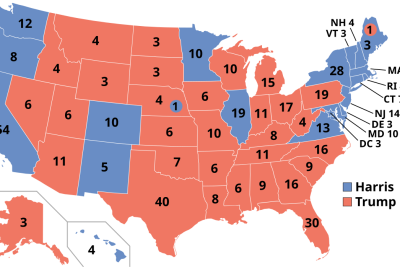
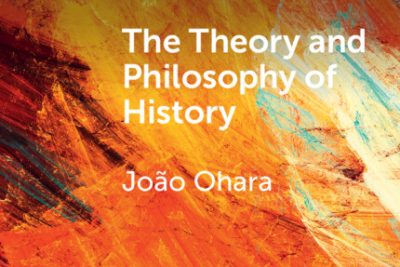
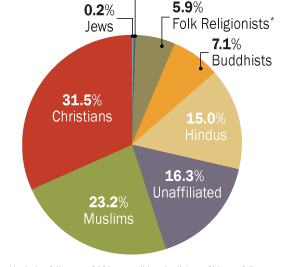
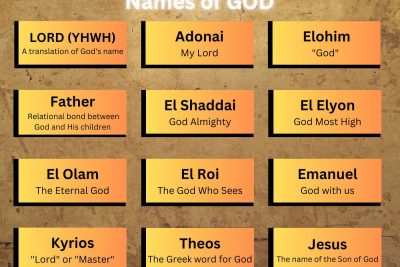
Related posts